Healthy To Eat After-Surgery (Food Suggestions)
Following surgery, a balanced diet can have a significant impact on your recovery time. Eating the correct meals can also help avoid issues and supply the body with the nutrition it needs to recuperate. To reap the greatest health advantages, choose unprocessed and whole foods. Continue reading this article to acquire some useful post-surgery nutrition ideas.
1. High-Fiber Foods
Dietary fiber is a crucial element of the recovery process after surgery. High-fiber foods, on average, have higher health advantages than low-fiber meals. Fiber, in particular, can help reduce constipation, which is a typical side effect of surgery. Constipation may be uncomfortable and prolong your recovery time if you don't have enough fiber in your diet. Whole-grain bread, whole grains like oats and maize, vegetables, fruits, and cereal are all high-fiber meals to eat.
Lean protein is high in lean meats, such as pork, turkey, and chicken. Fish and seafood can also be great sources of this macronutrient. However, it is not recommended to consume red meat like pork or beef because high saturated fat levels would trigger constipation. Some plant-based protein sources to consider include tempeh, beans, lentils, tofu, and nuts for vegetarians and vegans. Dairy products are also rich in protein, but they would trigger constipation. Another option is a protein powder, which could be added to smoothies or other drinks.
Veggies and fresh fruits contain fiber and a lot of essential nutrients, which are necessary for the body to heal after surgery. It is best to consume fresh options. However, canned and frozen products are healthy as well. Try to mix different varieties in the diet to maximize nutrient intake and get many health benefits. A possible side effect of consuming more veggies and fruits is gas. While it is an embarrassing or annoying issue, this would resolve in 1 or 2 days.
Whole grains are a great source of fiber, minerals, and vitamins. All of these nutrients are necessary for the body to recover after a surgical procedure. As said above, it is advisable to go for whole-grain cereals and bread instead of refined products because they can provide more nutrients. A simple option to add whole grains to the diet is rice. Keep in mind that many kinds of rice are processed, which could reduce their nutritional value. To maximize fiber content and minerals, go for brown rice rather than white rice.
Constipation is a common issue after surgery. This is mainly because prescription pain drugs like opioids tend to cause a side effect of minimizing the movement of your intestines. Some foods in the diet can help treat or prevent constipation. Avoid the following ingredients and products if possible: dehydrated or dried foods like potato chips, beef jerky, or dried fruits, processed foods, cheese, dairy products, milk, red meat, and sweets like cakes, candies, or pastries. If you consume these foods excessively, they would worsen constipation. This subsequently increases stress on the incision and makes it more painful.
Dairy products can provide the body with a lot of protein needed to heal after surgery. However, many dairy products would increase the risk of constipation. Some people also report increased lung secretions. Thus, it is better to avoid these foods in the short term when you are suffering from a chronic cough. If possible, consume yogurt, cottage cheese, or skim milk in moderation. This can help relieve constipation and prevent painful side effects.
7. Calorie Alternatives
After surgery, the body needs a lot of calories to heal. However, not all products are suitable due to the risk of triggering constipation. Below are a few tips to help you ensure sufficient calories without doing harm:
– Replace non-fat dairy creamer with heavy cream
– Choose margarine or butter rather than low-calorie butter sprays or spreads
– Consume sugar instead of sugar substitutes
– Suck on candy or mints
– Cook with oil rather than cooking spray
– During a meal, start with the highest calorie
food
– For prepared foods, choose full-calorie options
– Consume full-calorie drinks, such as soda, lemonade, or juice
– Enjoy snacks, especially high-calorie options like seeds or nuts, between meals
– Add dietary supplements, such as protein bars or Ensure
– Go for high-calorie veggies, such as potatoes and avocados
These tips could help add more calories to the diet without making significant changes to your diet. However, they do not really help with weight loss and might affect your heart health. Thus, avoid these tips in the long term when you have already recovered from surgery. When you are fully recovered, eliminate sugar and saturated fats as well as focus more on lean protein, veggies, and fruits.
8. Overview of the Ketogenic Diet
The ketogenic or keto diet is quite similar to low-carb and Atkins diets. It is characterized by low consumption of carbohydrates, which are replaced with fat. This change would put the body into ketosis. When this metabolic state occurs, the body can be able to burn fat more efficiently for energy. Also, fat can be converted to ketones in your liver, which provides more energy for the brain. A keto diet can lead to a noticeable reduction in insulin and blood sugar levels as well. These effects combined would provide many health benefits.
There are some forms of keto diets. These include:
– Cyclical keto diet: involving periods of higher carbohydrate refeeds, such as 3 high-carb days after 6 keto days.
– Standard keto diet: high fat, moderate protein, and low carb. A standard diet often contains 10 percent carbs, 20 percent protein, and 70 percent fat.
– High-protein keto diet: similar to a standard keto diet but with more protein
– Targeted keto diet: add more carbohydrates around workouts.
https://3weekketogenicdiet.com
AFFILIATES DISCLAIMER:
We may receive compensation in the form of money, PR, or other services from 3rd parties for the content, reviews, or link referrals in our blog, you should do your own independent due diligence on any product or service prior to purchasing it.
 Reviewed by One Minute Food
on
June 01, 2021
Rating:
Reviewed by One Minute Food
on
June 01, 2021
Rating:

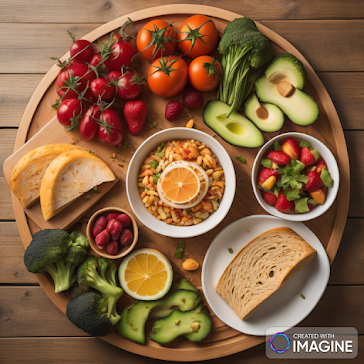
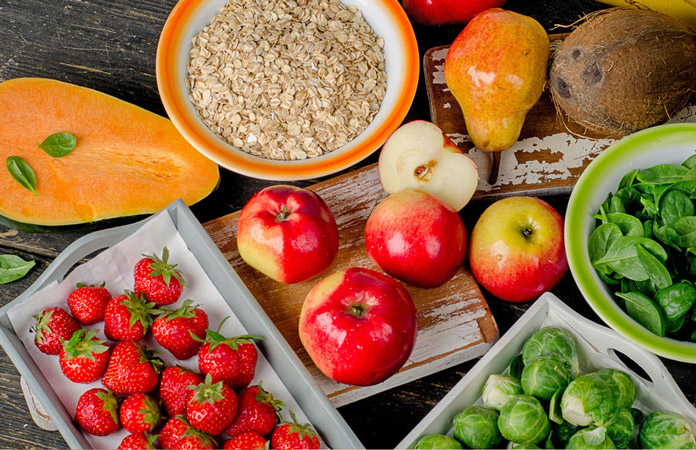
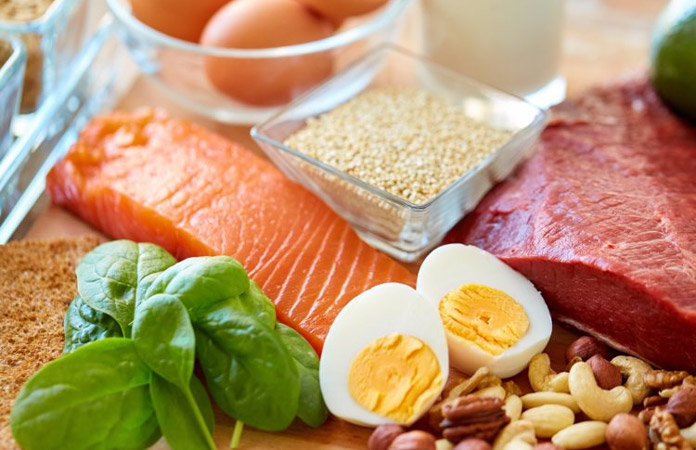
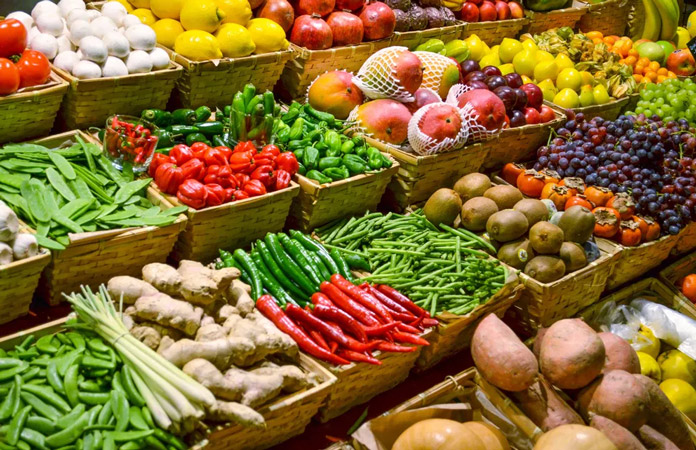

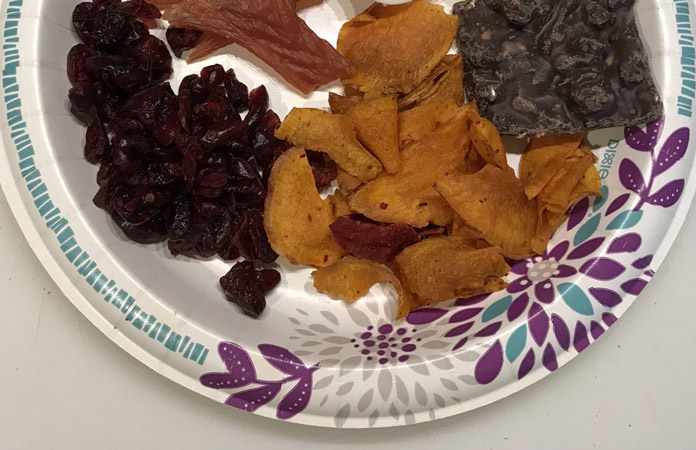
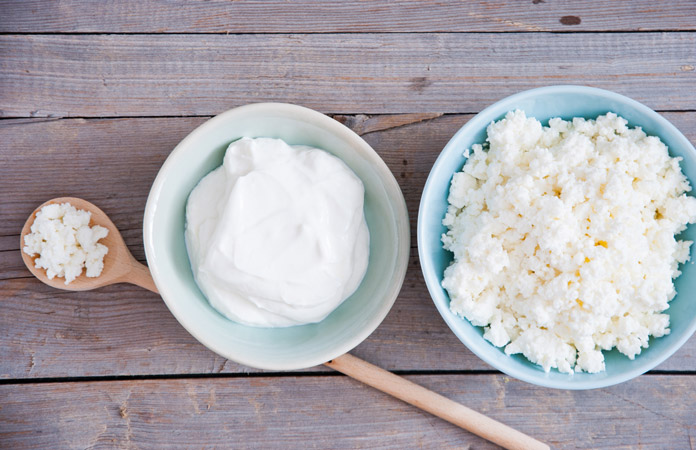
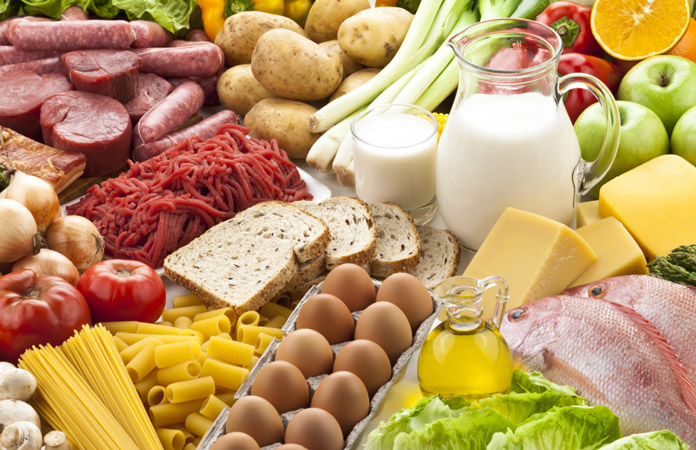
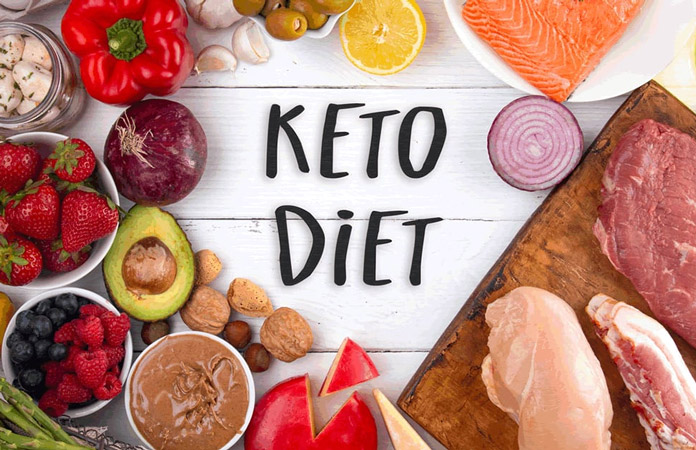


No comments: